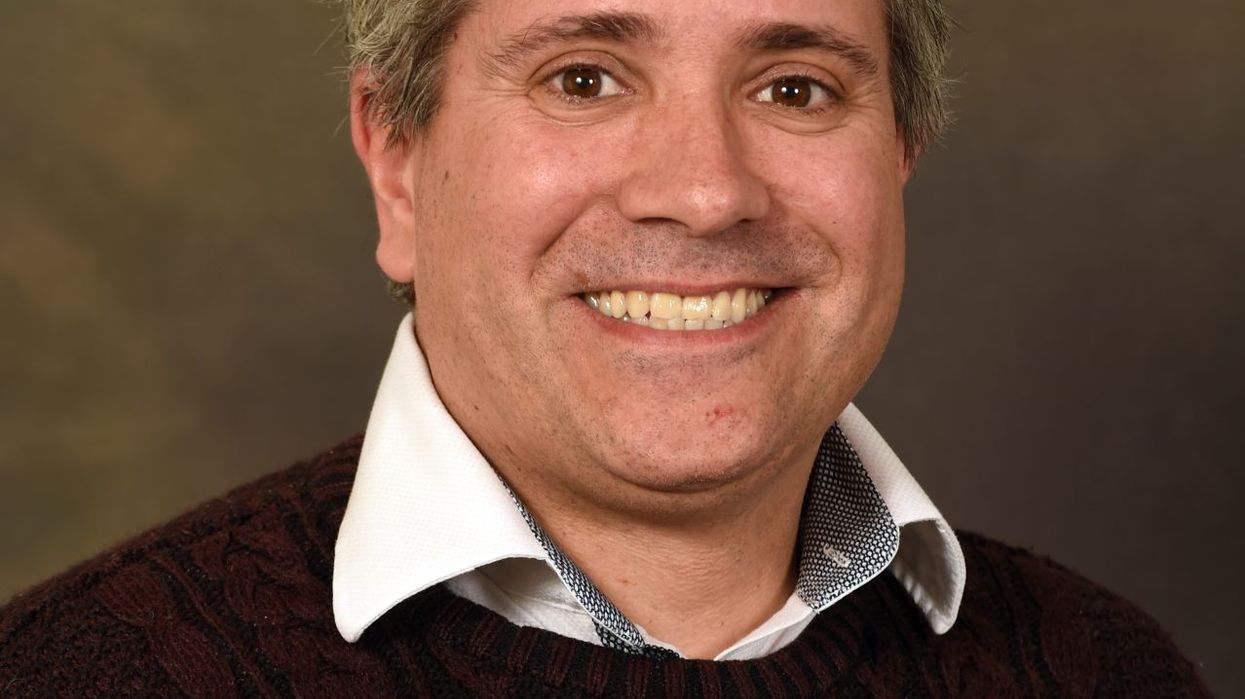Community pharmacies must be involved in future planning for public health emergencies, especially in cases where a quick response is needed such as the Covid-19 pandemic, a European-wide research has recommended.
The project, co-led by the University of Huddersfield professor Zaheer-Ud-Din Babar in medicines and healthcare, focuses on how community pharmacies dealt with the pandemic, covering 31 pharmacy interventions on Covid-19 in 32 countries in Europe.
The interventions include prevention, response, and recovery measures. It also covers improved access to medicines, expanded powers granted to pharmacies, rapid antigen testing, along with Covid-19 vaccination.
Community pharmacists in the US, Canada, and Australia have been engaged in pandemic prevention, preparedness, and response strategic guidance after the 2009 flu pandemic.
The aim of the research is to map the current reported practice and trends and review the pharmacies’ intervention in Europe.
Also to identify knowledge gaps and future avenues for pharmacy research, policy, and practice in response to public health emergencies.

“By April 2020, there seemed to be few research studies detailing the interventions on Covid-19 provided by community pharmacists in Europe,” said professor Babar, “despite there being several news reports of relevant practice changes occurring almost every week which had emerged in early 2020 stemming from pharmacy associations.”
He believes the findings of this research could enable pharmacy associations to explore negotiations with governments for enhanced pharmacy roles such as access to essential medication, emergency supply, and vaccine administration.
The report revealed that interventions by pharmacies during the pandemic could have alleviated the burden on other health care services, thereby providing valuable support to patients.
It also praises the role played by pharmacy associations during the pandemic in developing and updating guidance and emergency plans to assist community pharmacists.
Professor Babar said: “Research on pharmacy interventions on Covid-19 is still in its infancy but this report confirms the wide array of interventions provided and the expanded powers that were granted to community pharmacies.”
“These findings may provide a significant impact to improve pharmacy research, policy, and practice in response to future public health emergencies in Europe and globally.”








![Potential Side Effects of Mounjaro [What You Need to Know]](https://www.pharmacy.biz/media-library/image.jpg?id=54516976&width=1245&height=700&quality=90&coordinates=0%2C29%2C0%2C29)








